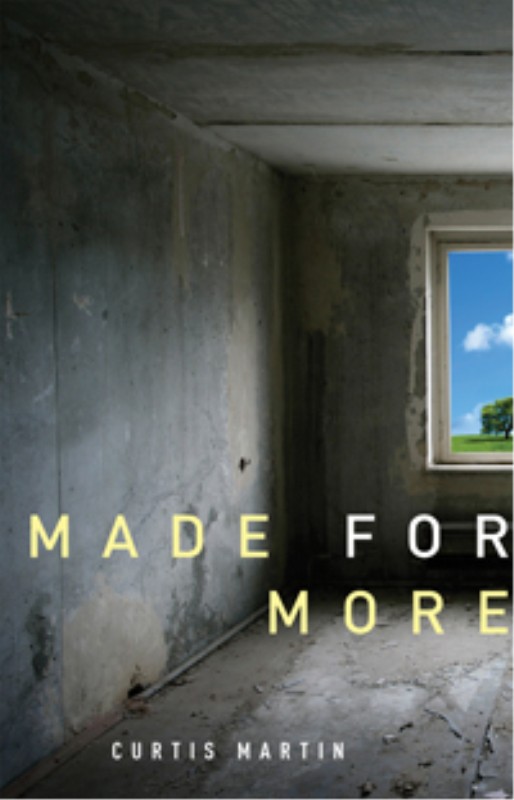Let’s face it: There is A LOT to the Roman Catholic Church. It’s good that we have a lot at our disposal, but there’s a downside. Many Catholics don’t understand the faith. Jeff Cavins made this precise observation once, noting that he had left the Catholic Church because he felt like what he had was essentially a big “pile of Catholicism”.
Catholics may leave the Church for another church because they seek a personal relationship with Jesus Christ and knowledge of Scripture. This exact thing came up recently on Catholic Radio, that most Protestants would be more inclined to choose Catholicism if they understood that we truly do seek these things. Of course Mary and the saints offer us paths to Christ, but many Protestants feel that Jesus is what is truly lacking in the Catholic Church. With so many other figures in Church history who have demonstrated a fanatical devotion to Christ, it’s easy for the most important aspect of the Church to get lost in the sauce for some of us.
A friend and I discussed recently that some Catholics are sometimes shy about declaring, in no uncertain terms, a love for and personal relationship with Jesus because it almost sounds Protestant. At one point, I was guilty of this. In fact, while at Benedictine, I remember feeling uneasy after reading a quote from Pope John Paul II thanking the youth for their desire to “spread the Gospel of Jesus Christ”. Enter Curtis Martin and his book, Made For More.
Brevity Is An Author’s Best Friend
Many people believe that defenses of Catholicism have to be 1000-page theological and philosophical epics penned by the likes of St. Augustine, St. Thomas Aquanis, or G.K. Chesterton. Made For More, on the other hand, does the exact same with as these a lot less.
The book is about the message of Jesus Christ: Himself; “I am the way, the truth, and the life”, He declares. The first three chapters address Scriptural history and reliability by looking at textual criticisms that show the Bible as a reliable source of knowledge of the faith. In addition, Martin challenges popular (and rather ridiculous) attempts to disprove the Death and Resurrection of Jesus. For example, there are some who argue that Jesus somehow survived the Crucifixion.
Chapters four and five discuss the Kingdom of Heaven, placing Scripture even more in context. For example, he talks about the Trinitarian model of Hebrew kingdoms. There was the king, the queen mother (she was the king’s mother, NOT his wife), and the king’s prime minister. This model exists today in the Church, with Jesus as King, Mary as the Queen Mother, and the pope as prime minister.
The most important chapter is the last one, in which Martin tells us his own personal story with the Catholic faith, how he strayed away in college, and ultimately what brought him back into it. How many people do we personally know who have not had the same encounter with Christ in the Catholic Church and left for another church or became disillusioned with religious faith altogether because they fall into the “all religions are the same” belief system?
The Central Figure of History
Throughout, we learn how one man from a seemingly unimportant part of the Roman Empire preached hope, forgiveness, and redemption to people shunned by most of the community of the day. We learn how this one man, loved and followed by so many people, could die such a painful and humiliating death, and suffer the abandonment of his closest followers, and yet become the central figure of not only the Church, but all of human history.
Since reading Made For More, I’ve felt much more confident in what the Catholic Church teaches, embracing it, and being able to defend it. ALL Catholics should read this book, especially those preparing to leave home for the first time. This book shows exactly what it means for God to be searching for us, which is one of the more unique things about Catholicism. “I came that they might have life and live it to the fullest”, Jesus proclaims in John 10:10. Made For More makes it so much easier to understand how He does it today. It is in our personal relationship with Jesus that we discover our true selves.
